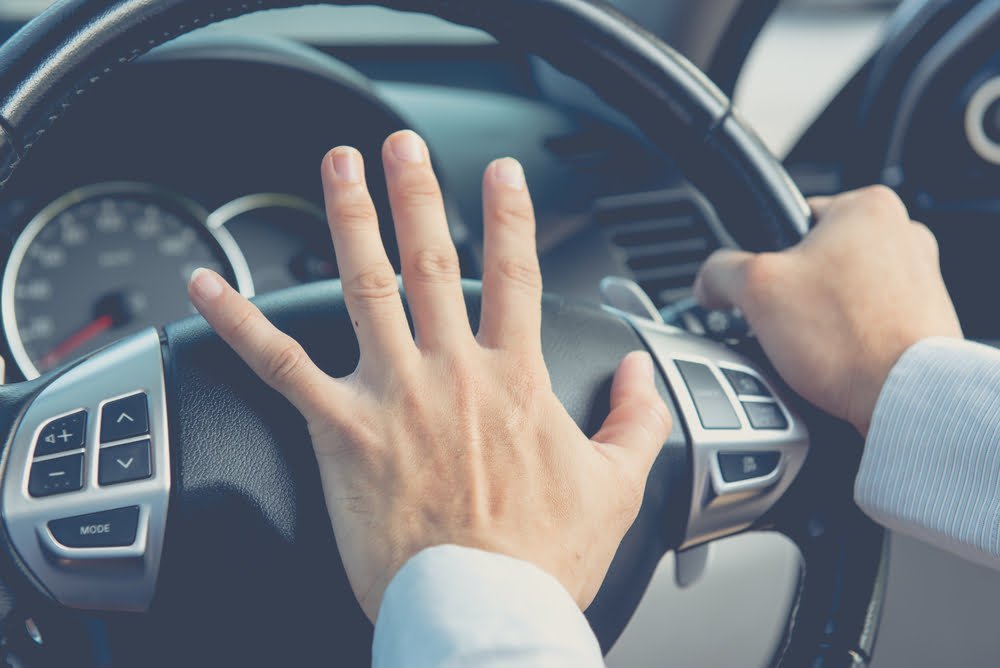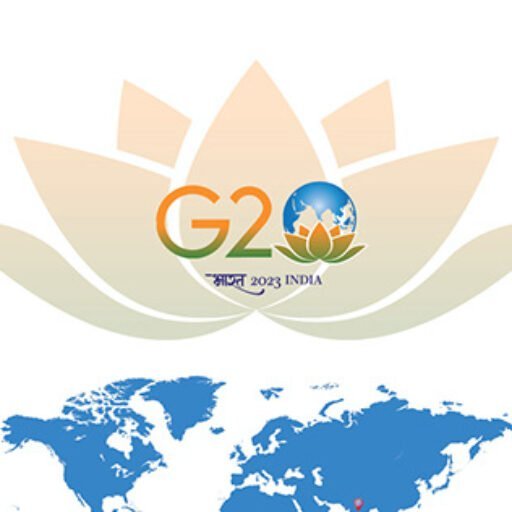
Traffic in India’s megacities is awful, We all experience it. When we are stuck in traffic, it is unbearable. not only because of the miserable waiting, the dust, and the air pollution.
The horns are honking here, almost everywhere in the country. Because honking is not a warning signal, it is a form of communication. But this is causing problems for more and more people in India.
“To commute, I ride a two-wheeler.I’m worn out and cranky by the time I get home from work each day.Unnecessary honking is done by drivers in Delhi. says Vikas Singh who lives near Chatarpur and travels to his office in Karol Bagh in central Delhi.
A normal day on a main street in Delhi, Mumbai or in the narrow lanes of the old town of Varanasi It sounds like an emergency! Horn in India is not a warning; horn means communication. Some trucks even have curved letters on the back: “Please honk!”
It’s about loudly indicating that a car wants to overtake, is coming from the right or left, or wants to turn ,Mopeds, buses, and cars all have horns that are always blaring. They draw each other’s attention or honk their horns to get pedestrians, cyclists, or rickshaw drivers to jump aside.
In New Delhi, Seema Malhotra created a group with which she has been working for years to eradicate the tedious honking in India. She says “Here, nobody obeys the traffic rules, and we are always stressed because everyone leaves the house too late.” Far too many people live here; the streets are always crowded and dense. And then everyone honks their horns because they think they will be able to fly and arrive on time”
Malhotra, the anti-honking activist, also sees a cultural problem in the honking behaviour of drivers in India, most of whom are still men:”It’s an ego issue,” she says. “I’ve told my driver so many times that he has to stop. But they think: “The more I honk, the more important I am.”
Seema Malhotra conducts seminars on the risks of exposure to noise in colleges and universities.In India, efforts are made repeatedly to stop honking by political action. Two years ago Union Transport minister Nitin Gadkari said he was planning to bring a law under which only the sound of Indian musical instruments can be used as a horn for vehicles. Similarly the Mumbai traffic police started a very interesting project: A police spokesman is heard saying in a viral video, “Welcome to the honking capital,” Recently in Bengaluru, a picture of a car with a rather punny message was shared on social media which netizens found absolutely funny! he message read: “I like horny people, but not on the road.”
Even while stopped at a red signal, motorists in Mumbai beep their horns. In Mumbai, people even honk their horns when they are stopped at a red light.” Maybe they think it will turn green quicker if they honk.But exactly the opposite was the case, at least at some test lights around the city. The police had installed measuring devices there to record the volume in the area. The traffic signal does not turn green if the noise level increases to beyond 85 dB.It simply remains Red.
In the video, it is said That’s about the volume of a hand grinder. Anyone who is exposed to this volume for 40 hours a week can suffer hearing damage. A clever idea, but nothing more. The project has been discontinued. What remains is the harm done to people’s health..
“Physically, it’s mostly on the ears, but psychologically, it’s pure stress: it raises stress and frustration levels.” “It gives us headaches; our blood pressure rises; and people freak out on the streets much faster. ” says Seema Malhotra
The activist advocates that people across the country should be informed about the problems that follow. She also demands that drivers who use the horn excessively face severe penalties.
Although the Motor Vehicles Act has provisions of punishment/ penalty for excessive honking, penalties have been few, in Delhi percentage wise challans for excessive honking is 0.25%.
Her effort are not going in the vain. In Kolkatta , This has been the practise in the city of Kolkatta for several months: Unnecessary honking costs the equivalent of up to Rs 1000 fines. a high price for many Indians. Every traffic cop is now instructed to crack down. On average, more than 200 drivers get a horn penalty every day.
. One suspects Delhi Police take action only when they receive complaints from VIPs. This is borne out by figures.
In 2018, a total of 13,75,044 challans (traffic tickets) were issued to motorists for violations, out of which only 3,120 challans (around 0.22%) were for excessive honking. Similarly, in 2019, a total of 4,374 motorists were fined for excessive honking. In 2020, because of the lockdown, only 257 were issued tickets for excessive honking. The figure in 2021, up to September 30, was just 86.





